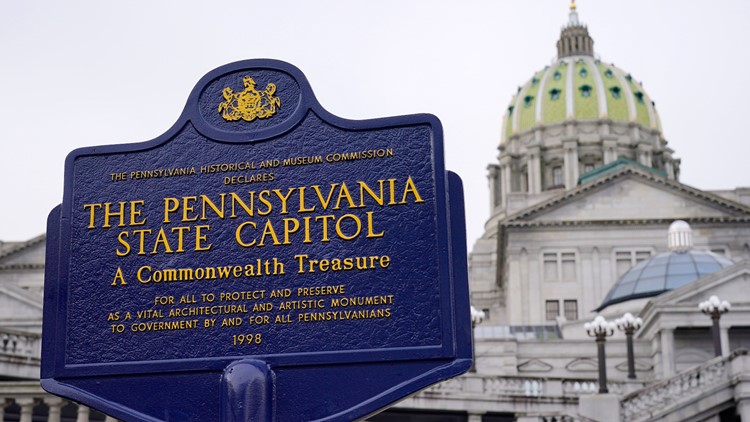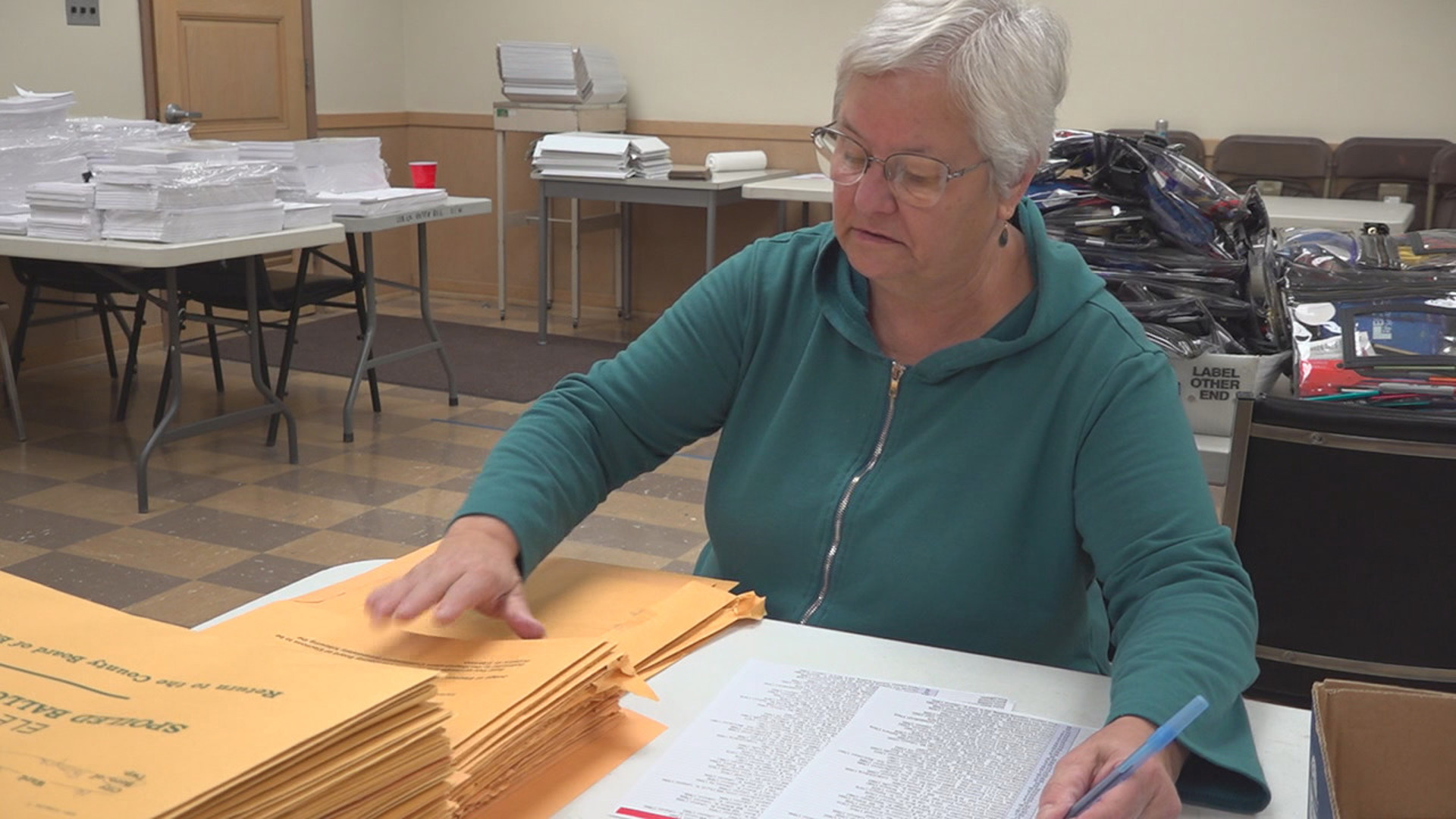HARRISBURG, Pa. — Pennsylvania's Republican-controlled Senate reconvened Wednesday for an unusual August session mired in a two-month budget stalemate with the Democratic-controlled House.
Two budget-related bills passed, primarily on party lines, as Senate Republicans advanced a blend of provisions that have bipartisan support and others that do not.
Neither bill has the agreement of House Democratic leaders. The House is not scheduled to reconvene until after a Sept. 19 special election that is expected to restore the chamber's one-seat Democratic majority.
Lawmakers in early July passed the main spending bill in a $45 billion budget package, but it only reached Democratic Gov. Josh Shapiro's desk after a partisan fight over creating a new $100 million program to send students to private schools.
That left a number of programs in limbo, with money approved for them, but lacking companion legislation that explains how to distribute the money.
Some of the bipartisan provisions approved Wednesday would boost insurance reimbursements to ambulance squads, increase Medicaid reimbursements for nursing homes and reauthorize court filing fees that help fund local courts.
Another renews an assessment that distributes more than $1 billion annually to hospitals in federal funds.
Some provisions allow the distribution of hundreds of millions of dollars to various programs and institutions, including one that Democrats had sought to fund universal free school breakfasts in public schools.
The legislation also includes an additional $75 million in tax credits — up to $480 million annually — in exchange for business donations, primarily to private schools, and it imposes a two-year tuition freeze on Pennsylvania's state-owned universities.
Nearly every Democrat opposed the bills, saying Republicans are holding up the distribution of $100 million to the poorest public schools, millions for lawyers to represent indigent defendants and subsidies for student-teachers to help recruit more teachers.
Also in limbo is hundreds of millions of dollars that the state normally sends each year to Penn State, the University of Pittsburgh and Temple University to subsidize in-state tuition. It is being held up by a group of Republican lawmakers.



